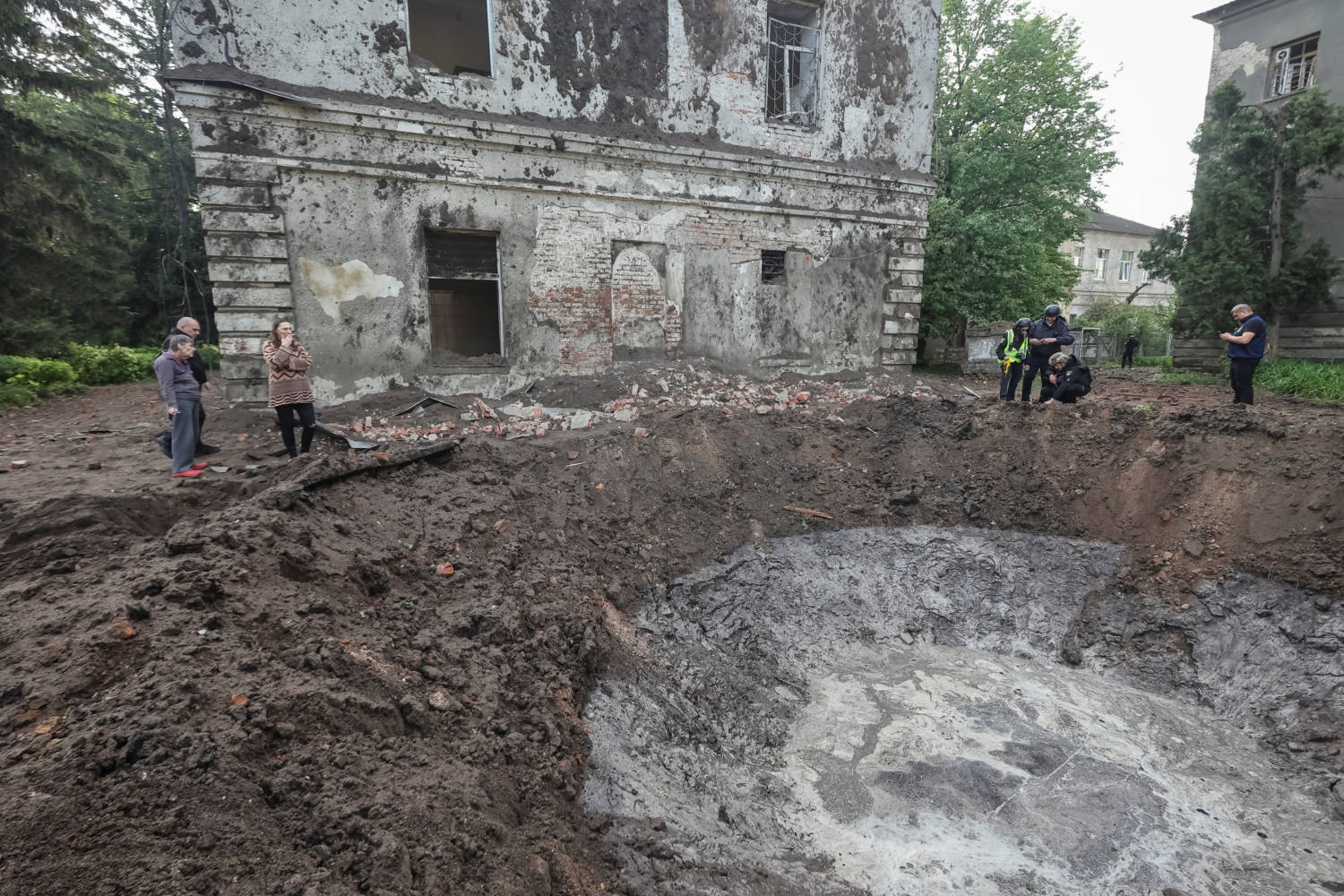Missile Strikes Challenge Ukraine’s Energy Infrastructure
In a significant escalation of hostilities, A Russian missile attack targeted power facilities in Ukraine, causing widespread damage and igniting fires across the central and western regions. The assault, which unfolded on Saturday, is part of a series of attacks that have been intensifying since March 22, putting the country’s already strained energy system under severe duress.
DTEK, Ukraine’s largest private electricity provider, reported that four out of its six thermal power plants sustained damage due to the overnight strikes. The company’s statement followed a grim acknowledgment by Ukrainian officials that rescuers were actively engaged in extinguishing large-scale fires at energy sites, particularly in the Lviv and Ivano-Frankivsk regions, which lie close to the borders with NATO countries Poland and Romania.
Further ramifications were felt in Kryvyi Rih, the hometown of Ukrainian President Volodymyr Zelenskiy, where the water supply was disrupted following hits on energy facilities in the Dnipropetrovsk region. Governor Serhiy Lysak lamented the inability to prevent the fallout from the strikes, citing damage and subsequent fires.
Despite the onslaught, Ukrainian air defenses were able to intercept some of the incoming missiles, successfully downing 21 out of 34, according to the air force commander. This defensive action has become increasingly crucial as Ukraine grapples with a shortage of air defenses, even as a breakthrough in U.S. military aid promises some relief.
The targeting of civilian infrastructure has been a contentious issue, with Russia denying any intent to harm civilians while maintaining that Ukraine’s energy system constitutes a legitimate military target. The attacks have not been without casualties; an energy worker was reported injured overnight.
In a retaliatory move, Ukrainian forces have taken aggressive actions against Russian assets. Intelligence sources revealed that Ukrainian drones struck oil refineries and a military airfield in Russia’s Krasnodar region, causing fires and disrupting operations at the Slavyansk oil refinery.
The ongoing conflict has taken a heavy toll on Ukraine’s energy capabilities, with significant losses reported in thermal power generation and hydroelectric capacity. Officials warn that the diminished capacity could pose serious challenges during periods of peak energy consumption later in the year.
Despite the introduction of rolling blackouts in several regions, the full impact of these attacks has been mitigated by currently low seasonal energy demands. Nonetheless, residents are being urged to conserve electricity, particularly during peak evening hours.
Maxim Timchenko, CEO of DTEK, emphasized the critical need for stronger air defense systems for Ukraine. This call to action comes as the United States steps up its support, with the Pentagon announcing a $6 billion weapons purchase for Ukraine, including interceptors for the Patriot air defense system.






